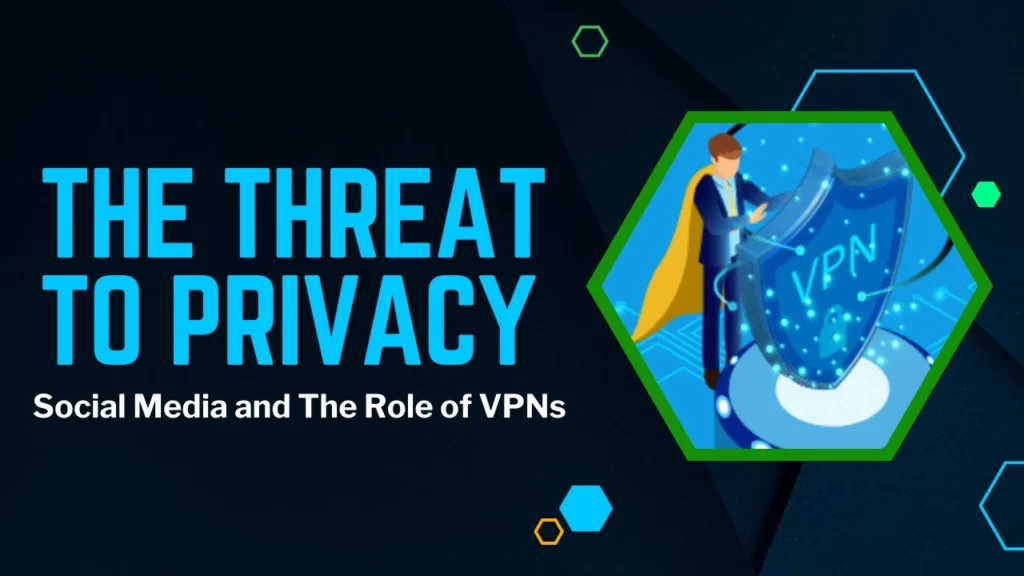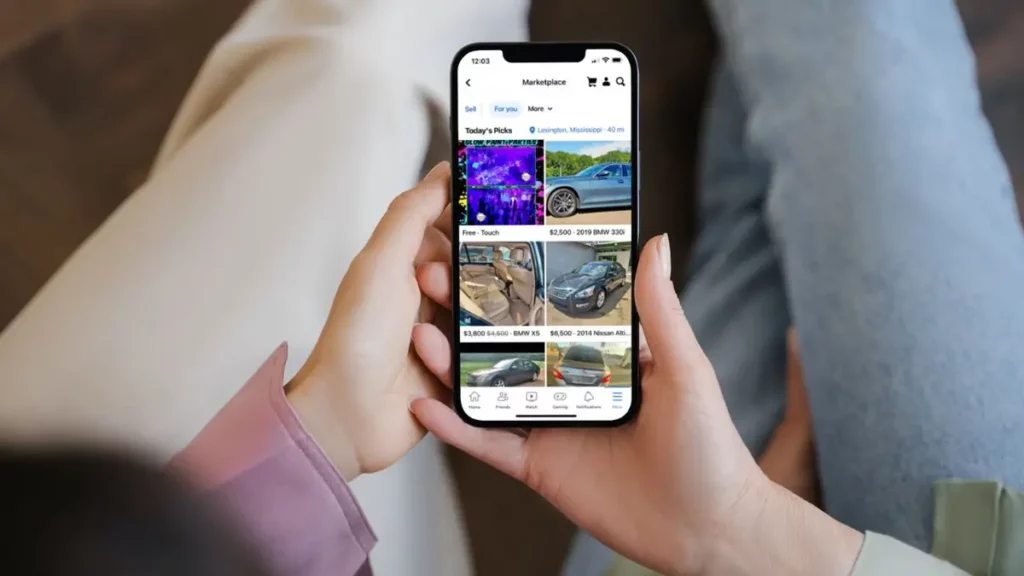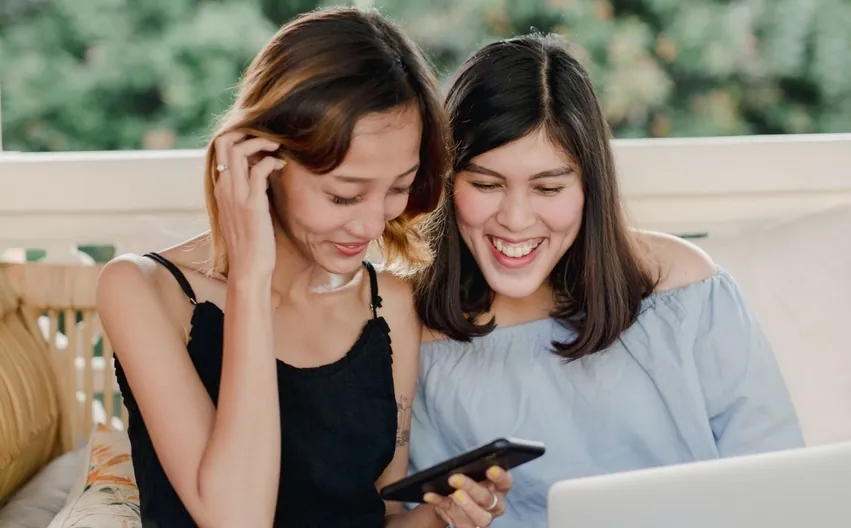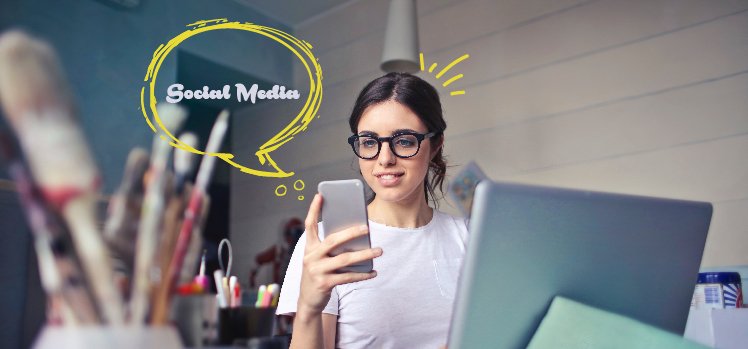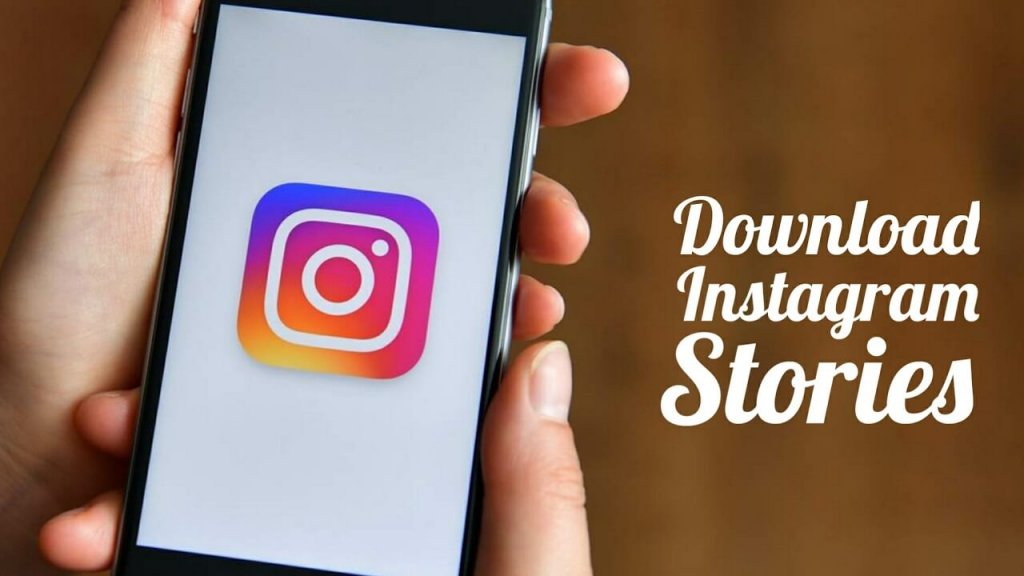We all love social media, right? It’s a great way to stay in touch with our friends, show off our awesome photos, and have some fun online. But did you know that social media can also be a huge threat to privacy? That’s right, every time we post something or like something, we are giving away our personal information to these platforms and their partners.
You might be wondering how this can happen. Well, as the popularity of social media platforms has grown, so have the risks of using them. There are many ways that our privacy can be compromised on social media, such as data collection, profiling, cyberbullying, online harassment, and data breaches. These dangers can affect our reputation, security, and well-being.
But don’t worry; there is a solution. Using a Virtual Private Network (VPN) is an effective method for safeguarding our online privacy. VPN serves as a valuable tool by encrypting our internet connection. It can help us avoid being tracked, monitored, or hacked by anyone. In this article, I will explain how social media is a threat to privacy and how using a VPN can prevent these threats.
In This Article
The Threat to Privacy on Social Media
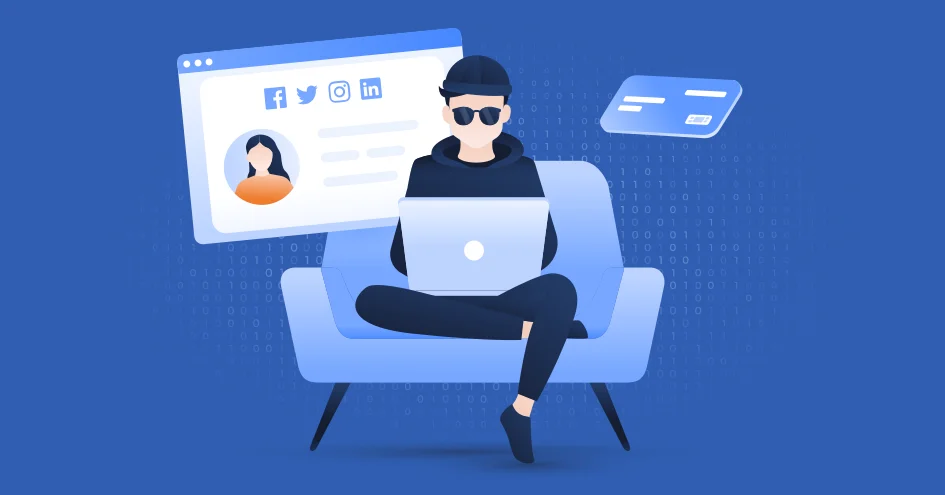
Before we dive into how a VPN can help us, let’s first understand the different types of threats that we face on social media. Here are some of the most common ones:
Data Collection and Profiling
Do you know how sometimes you see ads that are related to what you searched for or liked on social media? That’s because these platforms collect a lot of data about us. They use this data to create profiles of us and sell them to advertisers who want to target us with specific products or services. This means that our privacy is being violated, and our personal information is being traded without our consent.
Privacy Settings and Controls
Of course, we can try to control what we share on social media by using privacy settings. But these settings are often confusing and hard to find. Sometimes we don’t even know what they mean or what they do. We might end up sharing more than we want to or not sharing enough with the people we trust. This can make us exposed to people who might misuse our information or harass us online.
Cyberbullying and Online Harassment
Another problem with social media is that it can be used for bullying and harassment. Some people might use our personal information to mock us, insult us, or threaten us. They might spread rumors about us or post embarrassing photos or videos of us. This can hurt our feelings and damage our reputation.
Data Breaches
The worst thing that can happen on social media is when our information gets leaked or stolen by hackers. This has happened many times before, with millions of users’ data being exposed or sold on the dark web. These cybercriminals have the ability to exploit our personal data for purposes such as identity theft, blackmail, fraudulent activities, and various other criminal acts. They can also access our accounts and mess with them or delete them.
Using a VPN to Protect Privacy
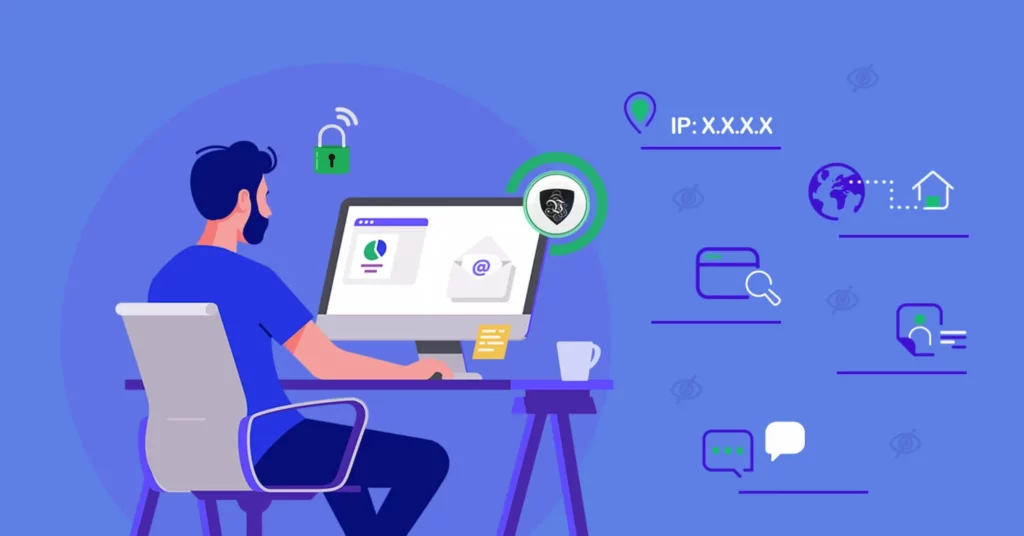
So how can we avoid these threats and protect our privacy on social media? The answer is simple: use a VPN. It is a service that establishes a secure pathway between our smartphones or PCs and the internet, creating a protected tunnel for our online activities. It encrypts all the data that we send and receive online, making it unreadable for anyone who tries to intercept it. It also changes our IP address, which is like our online address, making it look like we are somewhere else. This way, we can use VPN on Chrome, Firefox, Safari, or any other browser without worrying about anyone spying on us or hacking us.
Encrypted Communication
By utilizing a VPN, you essentially establish a secure conduit between your device and the internet, regardless of whether you are using a smartphone, desktop, tablet, laptop, or any other internet-capable device. Through encryption, a VPN ensures that all your transmitted and received data remains hidden and inaccessible, protecting it from unauthorized surveillance or theft.
Anonymous Browsing
A VPN also helps you browse anonymously on the internet. It changes your IP address, which is like your online identity, and makes it look like you are somewhere else. This way, websites, and social media platforms can’t track what you do online or where you are. This gives you more privacy and freedom.
Geo-blocking Circumvention
Another benefit of using a VPN is that it lets you access more content on social media. Sometimes, some platforms might block some content based on where you live (aka your geographical location). For example, you might not be able to watch some videos or listen to some music on a restricted platform. But with a VPN, you can connect to a server in another country and access the content that you want.
Public Wi-Fi Protection
Using public Wi-Fi can be very risky for your privacy. Public Wi-Fi networks, like the ones in coffee shops or airports, are not very secure. Anyone who is on the same network can try to hack you or spy on you. But if you use a VPN, you don’t have to worry about that. A VPN encrypts your data when you use public Wi-Fi, so no one can mess with it or see it.
Enhanced Privacy Controls
Besides using a VPN, it is also important to check and improve your social media privacy settings. It is essential to exercise caution regarding the visibility of your personal data and the extent of your online sharing. You should also check your privacy settings regularly and make sure they are up to date. This can help you avoid some of the dangers of social media and keep your privacy safe.
Wrapping Up
Social media can be a lot of fun, but it can also be a big threat to our privacy. There are many ways that our privacy can be violated or harmed on social media, such as data collection, profiling, cyberbullying, online harassment, and data breaches. That’s why we need to use a VPN to protect our online privacy.
A VPN can make our data unreadable, hide our online identity, let us access more content, and protect us from hackers. It can also help us manage our privacy settings better and avoid sharing too much. So next time you go online, don’t forget to use a VPN and enjoy social media without worries.
